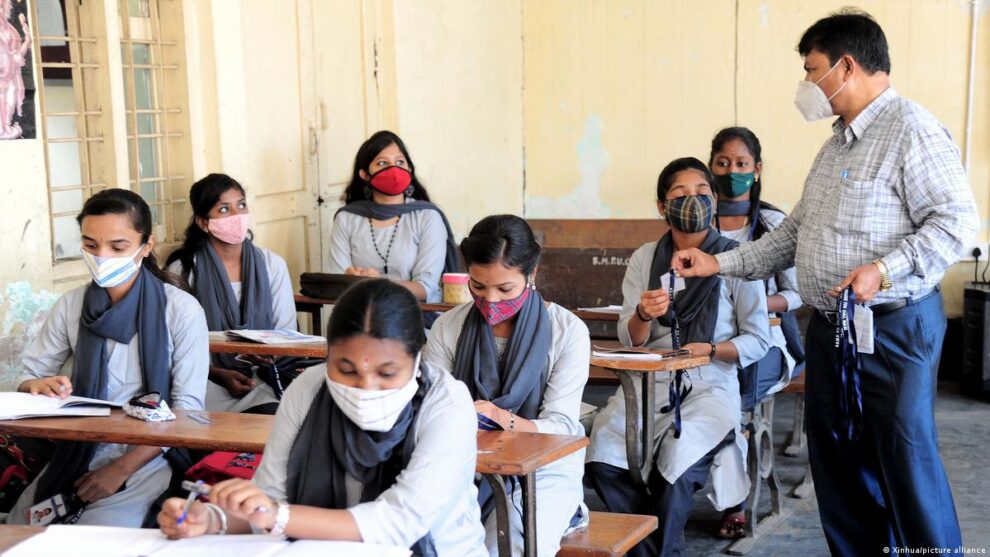Union Minister Jitendra Singh said last month that India is fast emerging as the world’s knowledge-based economy. The future may be bright, but the present is not very reassuring. For one, India’s rank in a list of 154 countries was at 97 in the UNDP’s Global Knowledge Index 2021. The index quantifies the knowledge and development conditions of countries.
This is not surprising, for the country’s interest in science research seems to be waning. In a knowledge economy, the existing knowledge is leveraged to improve overall productivity across sectors of economy. In India, however, such leveraging is moving downwards.
The Ministry of Science and Technology granted 11,738 research fellowships in 2019-20. The number came down to 8,390 in 2022-21 for obvious reasons-the Covid pandemic and attendant lockdowns.
However, the number has been coming down even after the economy recovered. In 2021-22, the Ministry granted 7,032 research fellowships, which came down further to 4,107 in 2022-23, official sources told Bizz Buzz.
It is not that the Ministry of Science and Technology is not doing anything; it runs a number of fellowship schemes. For instance, there is the Scheme for Young Scientists and Technologists (SYST), which began in 1992 with a vision to encourage young scientists to identify social challenges and provide S&T-based solutions using a lab-to-land approach.
The scheme was revamped, rejuvenated and reenergized in 2014, to inspire young S&T professionals to present ideas of social relevance. It has two objectives. First is to encourage young scientists and technologists who have zeal to work with the society to provide scientific solution to problems. The second is to foster innovative ideas, which have a direct bearing on society, as well as visible technology transfer components.
Then there are numerous other programmes and initiatives. Some of them are: Strengthening, Upscaling & Nurturing Local Innovations for Livelihood or SUNIL Programme; Technology Interventions for Disabled and Elderly or TIDE; the Scheduled Caste Sub Plan and the Tribal Sub Plan; Science Technology and Innovation Hubs; Science and Technology for Women; and the Community Resilience Resource Centre. Evidently, all this is not enough. Some lateral thinking is needed.
Source: Bizz Buzz
















